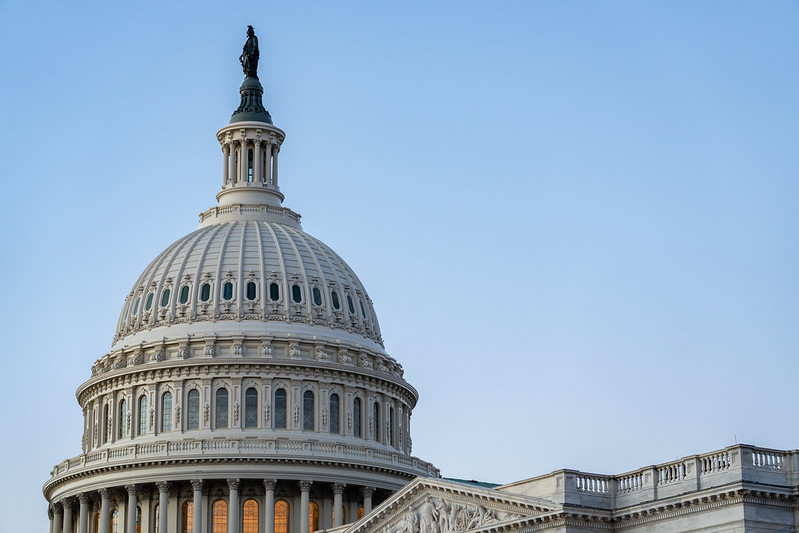Already a subscriber? Make sure to log into your account before viewing this content. You can access your account by hitting the “login” button on the top right corner. Still unable to see the content after signing in? Make sure your card on file is up-to-date.
The Senate Armed Services Committee has approved $500 million in military aid for Ukraine as part of its draft Fiscal Year 2026 National Defense Authorization Act (NDAA).
Some shit you should know before you read: If you’re unaware, the NDAA is an annual piece of legislation that determines the budget, expenditures, and policies for the Pentagon and related national security programs. It does not directly allocate money (that’s handled through separate appropriations bills) but does authorize how funds can be spent, shaping military priorities and guiding defense policy. Each year, the NDAA is drafted by the House and Senate Armed Services Committees, with each chamber proposing its own version. After both versions are passed, they are reconciled in a conference committee to create a final, unified bill. The NDAA typically includes line items for personnel pay, weapons procurement, military construction, cybersecurity, and US military aid.

What’s going on now: In a notable development, the Senate Armed Services Committee approved $500 million in military assistance for Ukraine as part of its draft Fiscal Year 2026 National Defense Authorization Act (NDAA), marking a significant increase from the $300 million allocated last year. This funding will flow through the Ukraine Security Assistance Initiative (USAI), a program established in 2015 that allows the Pentagon to contract defense companies to produce and deliver weapons, training, intelligence support, logistics, and equipment to Ukraine (rather than depleting US military stockpiles directly, which is done through the Presidential Drawdown Authority).
Back when Biden was in office, Congress approved multiple rounds of aid to Ukraine through previous NDAAs and supplemental bills, with the USAI alone receiving $300 million annually in recent years, in addition to tens of billions in emergency appropriations.
This all comes as political tensions over continued US support for Ukraine deepen, particularly within the House of Representatives. While the Senate remains largely united behind aiding Ukraine, the House features a growing bloc of Republican lawmakers who question the long-term strategic value and financial cost of such assistance. Some argue that Europe must do more to support Ukraine, while others insist that American defense resources should focus on domestic readiness and deterrence against China.
These divisions have already led the House to limit Ukraine-related funding to $300 million in its version of the NDAA—$200 million less than the Senate’s proposal.






